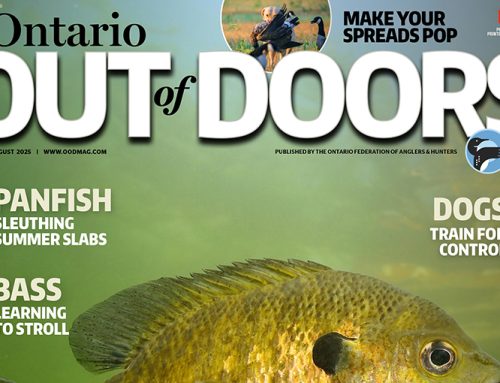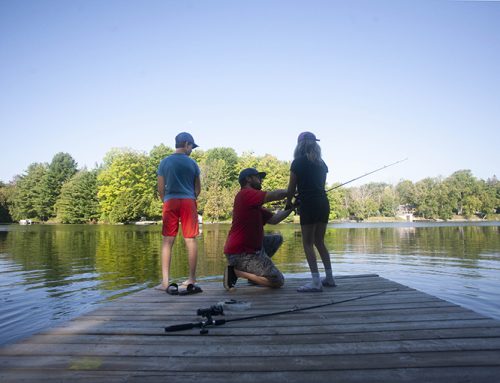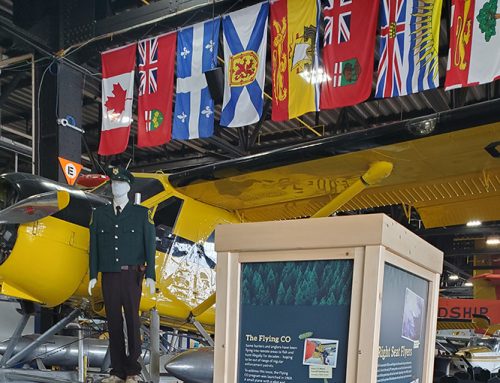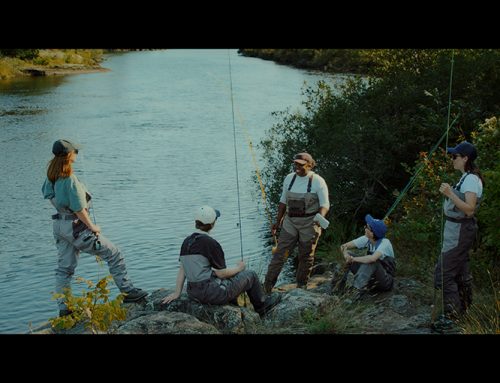
The Ministry of Natural Resources and Forestry is reducing the number of 2015 moose tags for resident hunters by 15 per cent across the province and it is shortening the hunting season for calves in northern Ontario.
The government announced Tuesday it will also delay the start of the 2016 moose season by one week in many areas of northern Ontario.
The changes are part of the first phase of the Moose Project, a multi-year initiative of the ministry, which is tasked with identifying ways to reduce pressures on moose populations.
Actions “necessary”
The province says the actions are necessary to protect its moose population.
“As we move toward the second phase of the Moose Project we will continue to work with stakeholders, hunters, the Aboriginal community and the public to find ways to ensure the sustainability of Ontario’s moose herd and move our conversation forward,” said Ministry of Natural Resources and Forestry (MNRF), Minister Bill Mauro.
But Mark Ryckman, senior biologist with the Ontario Federation of Anglers and Hunters (OFAH), says delaying the season has no scientific merit, and is not supported by the majority of stakeholders.
“Overly restrictive”
And while the OFAH acknowledges that the moose resource is the first priority and that some Wildlife Management Units (WMUs) would benefit from a reduction in calf harvest, a two-week calf season is “overly restrictive” and could result in regional crowding during the hunt and more difficulty for hunters looking to book time off work during the moose hunting season.
“We’re disappointed that no alterations were made to the proposal to reflect the comments received from the public. The ministry itself admits that the majority of public comments did not support the proposed changes,” Ryckman says.
The season changes come on the heels of significant tag reductions for the second consecutive year. In 2014, adult validation tags were reduced by 18 per cent provincially and the result was 6,000 fewer licensed hunters.
Moose project
The second phase of the Moose Project, expected to launch later this year, will outline potential actions to address factors affecting moose, such as climate change, habitat, predators and disease.
The ministry says it will also address how moose population numbers are determined in the province’s WMUs, and how the public can be further involved.






I know a great way to regulate the moose population and that is to regulate the native harvest limit
Just close the season for a couple years in areas with extremely low population. I have never got a tag for the 13 years I have been applying. What is a couple more years?
Just close the season for a couple years in areas with extremely low population. I have never got a tag for the 13 years I have been applying. What is a couple more years?
Why not shut down the season for a couple years then even for Aboriginal hunters our tags are cut their hunting is not . It’s all bull … to me ! You still want the money .right
!
Why not use the system Quebec is using. two years bulls only then the third year cows and calves are open, then start all over again. So no hunting calves or cows for two years. Change the tags system to three tags per moose. Change the tags system for moose, identify tags as mature moose (more than one spike) and immature moose one spike or less (usually 2 years old), but no yearling (calves one year or less). Works in BC.
Let the Aboriginal hunt all they want of their reserves but the moment they come off the reserve to hunt or fish, they must follow the same regulations we do. They must apply for tags as we do.